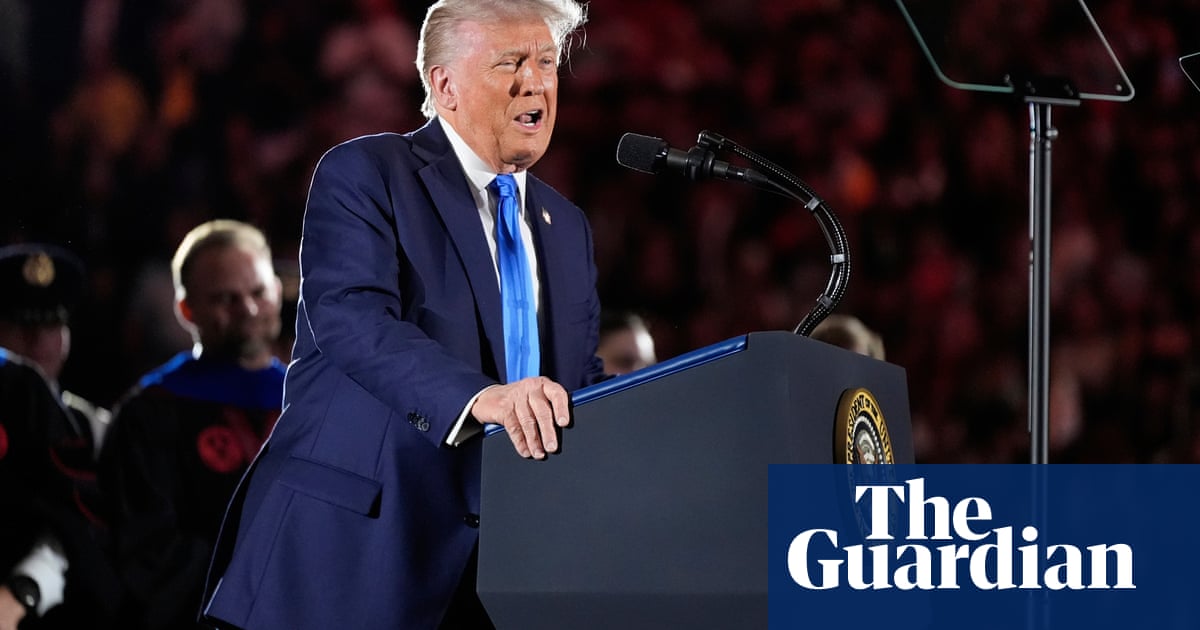The announcement made by Donald Trump regarding a 100% tariff on movies produced abroad raises several key points for analysis. This bold move seems to be aimed at emphasizing nationalistic sentiments and protecting domestic industries, particularly in the entertainment sector.
Objective of the Announcement
Trump's declaration appears to be a strategic move to promote an "America First" agenda, targeting foreign influence in the U.S. media landscape. By framing foreign films as a "National Security threat," he is attempting to rally support from his base who may feel that American culture is being overshadowed by foreign productions. This aligns with his administration's previous protectionist policies.
Public Perception
The announcement is likely designed to evoke a sense of patriotism among supporters and create a narrative that positions foreign films as harmful to American values. By using terms like "messaging and propaganda," Trump aims to instill fear regarding foreign cultural influence, which could resonate with audiences who are wary of globalization.
Hidden Agendas
It is important to consider whether there are underlying issues being obscured by this announcement. By focusing on foreign films and tariffs, attention may be diverted from other pressing issues, such as domestic economic challenges or political controversies. This tactic could be seen as a way to solidify his political base while avoiding more complicated topics that may not be favorable to his image.
Manipulative Nature of the News
The announcement can be considered manipulative as it employs emotionally charged language and appeals to nationalistic sentiments. The framing of foreign films as a threat serves to create a dichotomy between 'us' and 'them,' which can be a powerful tool in political rhetoric. The use of tariffs is also a contentious issue, often leading to economic repercussions that might not be fully addressed in the public discourse.
Truthfulness of the Claims
While Trump’s assertions about the impact of foreign films on national security may have some basis in concerns over cultural influence, the sweeping nature of a 100% tariff is likely to be more detrimental than beneficial. The film industry’s dependence on international markets, especially with countries like China being significant consumers of American films, means that such tariffs could backfire.
Cultural Impact
The potential consequences of this policy extend beyond the immediate entertainment industry, possibly altering cultural exchanges and collaborations. The film industry, which has historically thrived on globalization, may face significant challenges in adapting to a protectionist environment.
Economic Repercussions
The tariffs could have a substantial impact on stock prices of major studios like Disney, Paramount, and Warner Bros, who rely on international markets for revenue. A decrease in the availability of foreign films could lead to a reduction in overall audience engagement, further complicating the financial recovery of these companies post-pandemic.
Support Base and Target Audience
This announcement is likely to resonate more with conservative audiences who prioritize national sovereignty and are skeptical of foreign influence in American life. It may also appeal to those in the entertainment industry who feel threatened by the competition posed by foreign films.
Global Power Dynamics
The implications of such tariffs may influence global power dynamics, especially in the realm of cultural influence. With China being a significant player in the film market, this move could strain U.S.-China relations further, impacting not just trade but also diplomatic ties.
Use of AI in News Writing
It is conceivable that AI tools could have been employed in crafting this announcement or the related news articles. Language models may influence how the message is framed, emphasizing emotional appeal and certain key phrases to elicit a desired response from the audience.
Conclusion on Reliability
The reliability of this news hinges on the motivations behind the announcement and the potential consequences it entails. The framing of foreign films as a threat and the use of tariffs as a solution is likely more about political posturing than sound economic policy, making it essential for readers to approach the information with a critical perspective.
